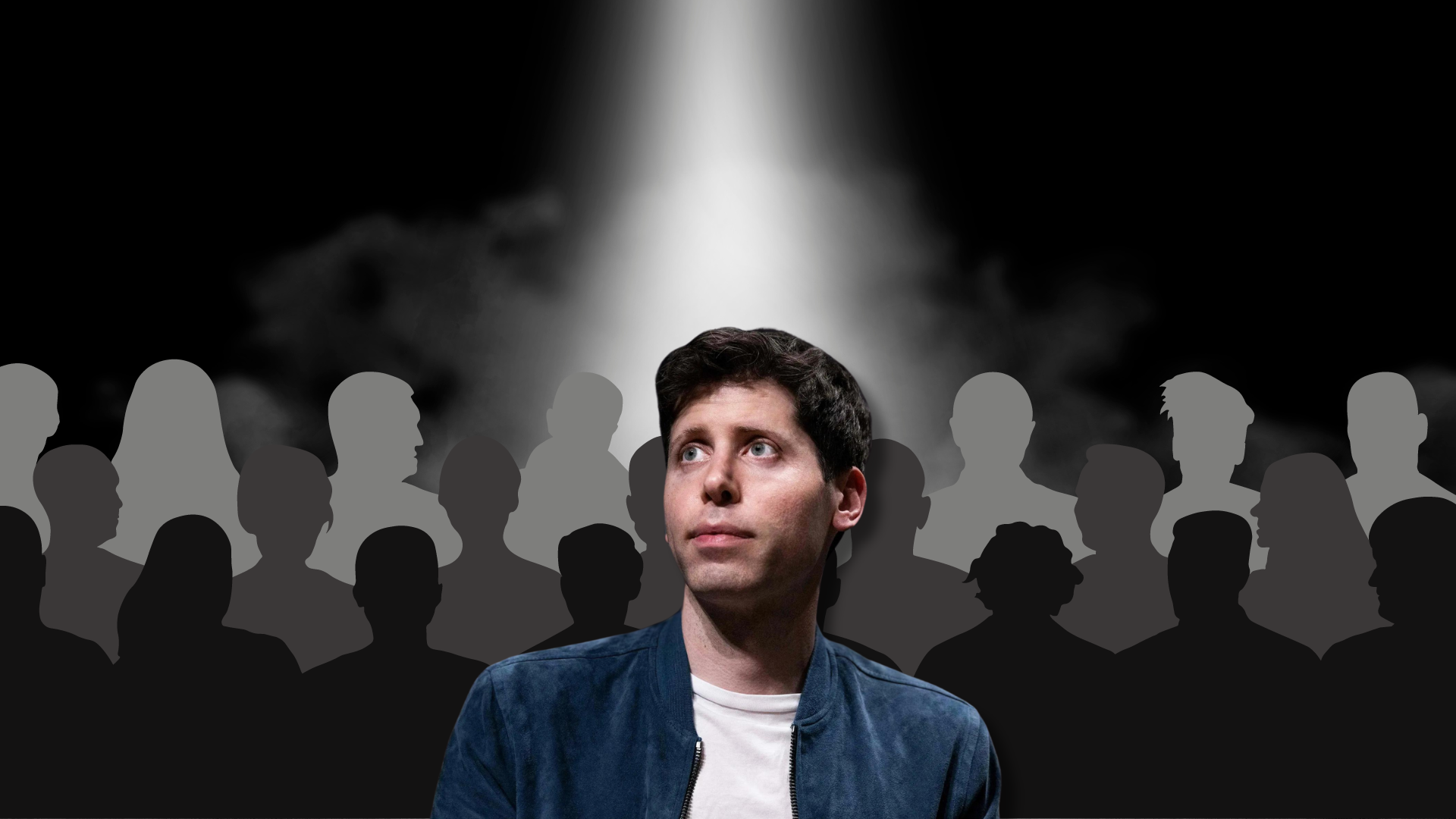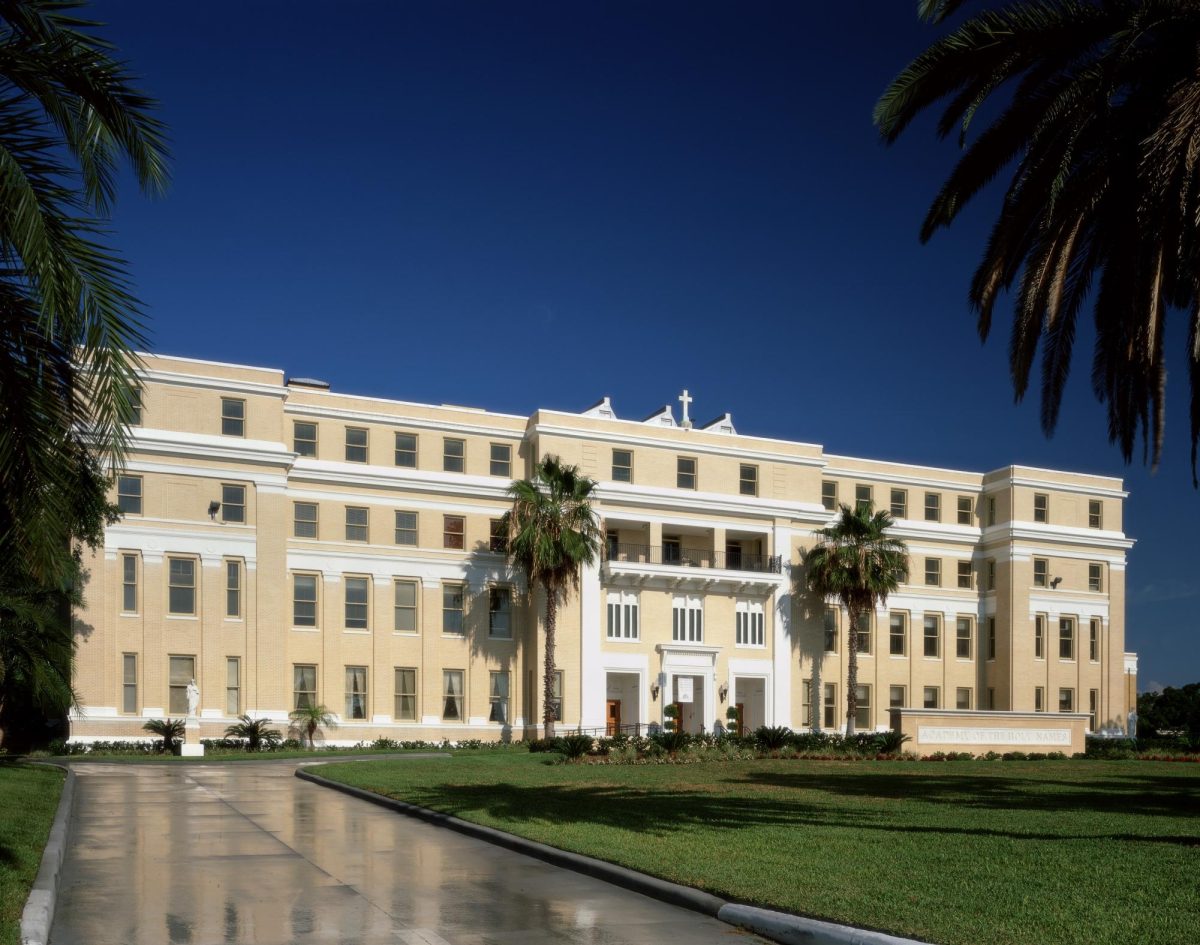Havoc at OpenAI
The tech world was rocked recently. The board of directors for the popular company, OpenAI, fired Sam Altman, the CEO for the tech company that created the renowned AI application known as Chat GPT. A year prior, the company first started gaining more of a following by many as it first unveiled ChatGPT, and over time, ChatGPT has become a very vital aspect of futuristic look into technology for many in society. Though many top leaders in society, including the renowned tech engineer Elon Musk, have warned how there may be an imminent danger to AI itself on society, many have seen AI to be flourishing in the beginning of it’s path, guiding the world to figure out the future cures for cancers and other threatening diseases, carving out a way to offer extensive safety and security with the imminent threats heading into the future. And that is what Sam Atman had wanted to do with OpenAI.
i loved my time at openai. it was transformative for me personally, and hopefully the world a little bit. most of all i loved working with such talented people.
will have more to say about what’s next later.
?
— Sam Altman (@sama) November 17, 2023
Initially, the main mission for the company was to create a nonprofit research lab that would work on further developing the skills and powers of artificial intelligence. But soon enough, his company transported, almost as if overnight, into the complex and highly mechanized tech company that was already reaching out in creating the first steps to the development and power of AI in order to assure assistance with the trivial and menial aspects with our daily functions. Even through all the challenging and booming steps the company has been taking, the board of directors for OpenAI fired Sam Altman. No one could understand the reasoning to the sudden expulsion of Mr. Altman and perhaps, the mystery will lay underground for quite some time.
The expulsion of the prominent CEO was one surprising act to have read of on the news, but what would happen next would be what left many astonished.
A letter signed by more than 500 OpenAI employees that threatened the board of directors in choosing to “resign from OpenAI” and instead would choose to “join the newly announced Microsoft subsidiary run by Sam Altman and Greg Brockman.”
BREAKING: Nearly 500 employees of OpenAI have signed a letter saying they may quit and join Sam Altman at Microsoft unless the startup’s board resigns and reappoints the ousted CEO. https://t.co/ZtYufxqcRS
— WIRED (@WIRED) November 20, 2023
This letter had made such a lasting impact on the residing directors, that in return to keep the company back in motion and pulled from the chaos about the ensue, Sam Altman was reinstated as the CEO, once again, for the AI company. But what happened in the end to the directors, you may be wondering. In the end, the entire band of directors was dismantled, having a new set of directors hired in replacement to the previous ones. It was a historic moment that showed the proliferating amount of power that employees are starting to possess. It seems as if the tables have turned, and this time around, the employees are not going to leave their concerns and issues unheard.
The Change
This transition has been occurring quite frequently, perhaps, in the vast environment of such substantial and power-hungry corporations. Throughout this past year, many union strikes have been striking intensely at large corporations, such as the Writers Strike, the United Auto Workers Strike at Ford and many more.
For many protests, the Script Writers protest began on May 3 with thousands of members from the Writers Guild of America (WGA) began to take up the streets in order “join screenwriters on the picket lines July 14” in fighting for salary increases, complications with streaming shows, and the increasing struggles with keeping their jobs afloat from the gnawing jaws of artificial intelligence. The 148-day strike led to many complications in TV and movie productions, bringing much of the work in Hollywood to a dramatic pause. This has caused many shows and live television programs to be seen drifting towards the dark end, not making much of an appearance for some time. This dark period included many shows, such as Stranger Things, Saturday Night Live, Wonder Man, The Handmaid’s Tale and many more. Ultimately, the strike would come to an end after reaching a settlement, which would supply the writers with many more benefits.
The WGA and AMPTP have reached a tentative agreement. This was made possible by the enduring solidarity of WGA members and extraordinary support of our union siblings who stood with us for over 146 days. More details coming after contract language is finalized. #WGAStrike pic.twitter.com/GBg2wZBwGB
— Writers Guild of America West (@WGAWest) September 25, 2023
Then, there lit a tiny spark within the hearts within several automachine employees. At three of the largest automakers in Detroit, employees alienated themselves from these hefty auto companies and started a monumentous movement, known recently as the United Auto Workers strike. Many of these large corporations suffered major setbacks, including common automachine brands such as GM, Ford and Stellantis. With such persevering strikes holding back the production of car parts to dealerships, all three dealerships laid off nearly “5,000 workers in total due to the United Auto Workers strike still [being] in progress” at the time. As all things eventually came to an end, the burning fire for the strike eventually faded away as the settlement entailed that there would be raises “by more than 30% to around $42 an hour.” The strike caused much havoc onto manufacturers, topping it off with “economic losses totaling over $1.6 billion.”
These hands build the cars.
These hands make the profit.
These hands will determine what happens next.https://t.co/AcFJW3wqhW#StandUpUAW pic.twitter.com/USCR4MVcue
— UAW (@UAW) December 5, 2023
Workers have been sticking with each other through the hard times, sticking up for their beliefs and needs, learning to stand their ground when it comes to facing such influential and potent corporations. Recent events have shown the power started to shift from solely being placed within the hands of the corporations to now started being in the reach of the employees. There may be warning entailing as to when the next mass strike will occur, but what still seems to be murky is the amount of influence and how large-scale future strikes will have on possibly larger corporations, our economy, or even our own lives.








